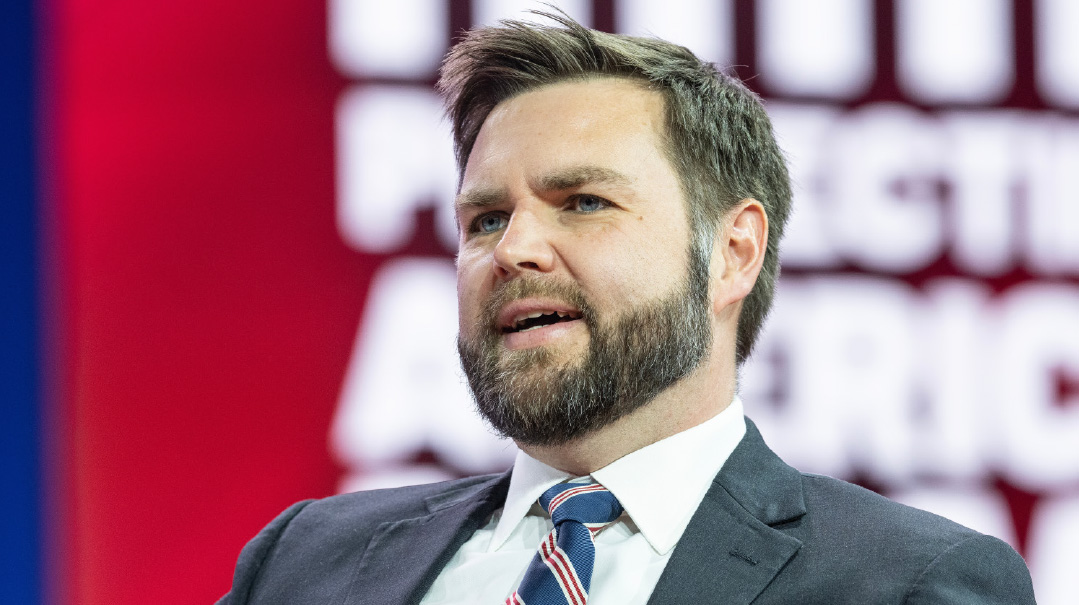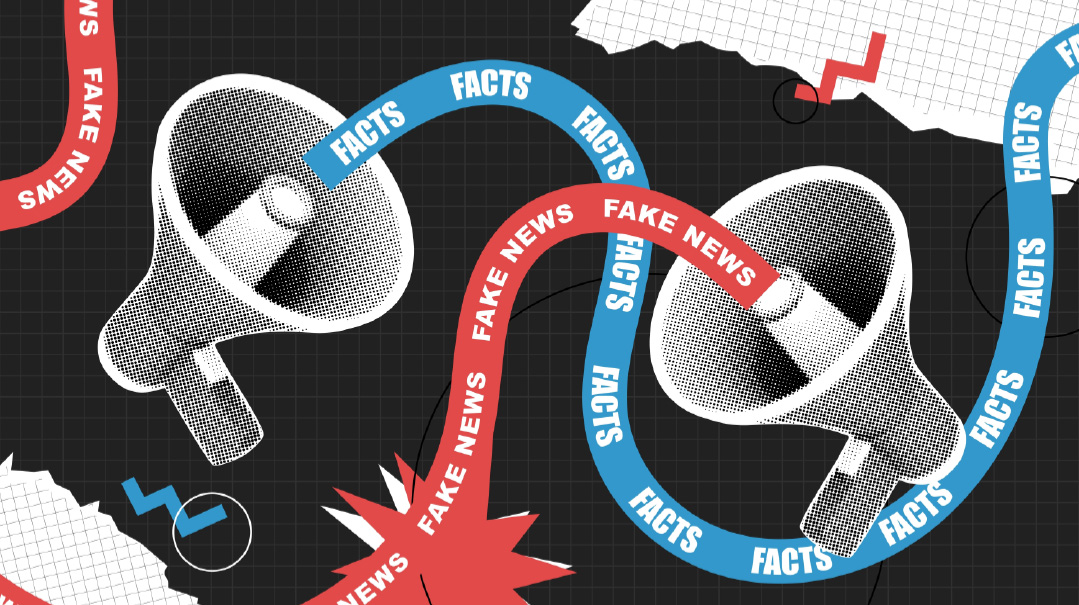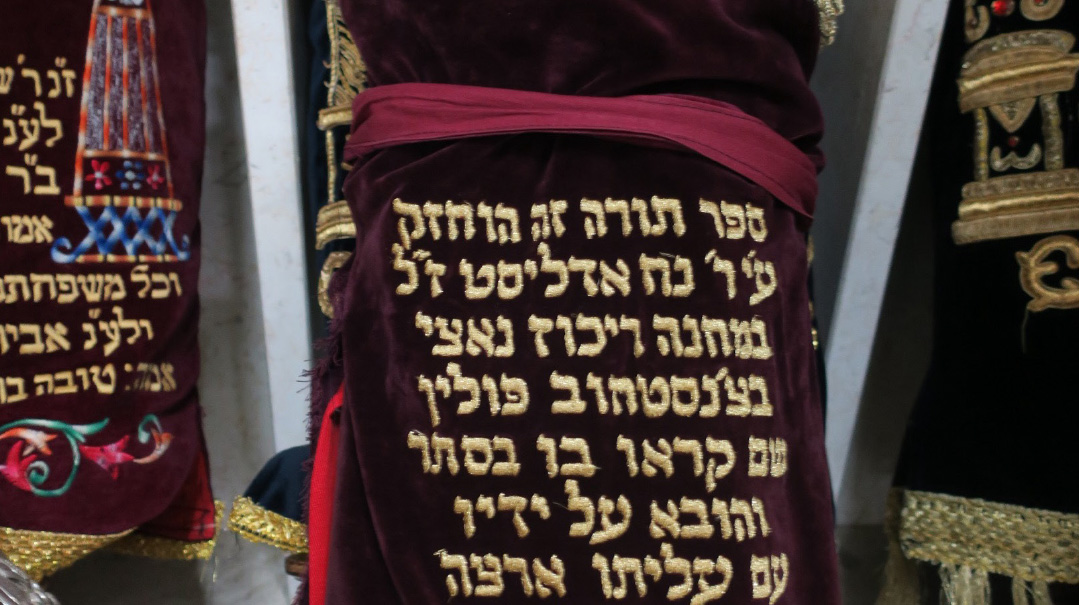Bennett Betting on the Wrong Horse

The idea that Reform has a bright future in Israel is pure fantasy
At a recent Jerusalem Post conference, Prime Minister Naftali Bennett described breaking chareidi power as one of his government’s key imperatives. In the follow-up question-and-answer session, he was asked how he intended to achieve that goal. He responded that he seeks to elevate the status of the Reform and Conservative movements in Israel. Those comments are fully consonant with the prime minister telling Rick Jacobs, the head of the American Reform movement, in a July segment on CNN, that there is a great thirst for Reform Judaism in Israel and that it might well become the dominant form of Judaism in Israel one day.
And in Sunday’s cabinet meeting, agreement was reached on an unprecedented NIS 40 million allocation to the Reform and Conservative movements through a new department named Hayahadut Hamit’chadeshet (“Innovative Judaism”). About the only thing that the diverse elements of the current Israeli government seem to agree on fully is the need to weaken the authority of the chief rabbinate — e.g., with respect to kashrus and matters of personal status. And that is being done largely as a form of outreach to American Jewry in the hopes of healing the frequently discussed breach between American Jewry and Israel.
AT ONE LEVEL, the outreach to the heterodox movements is pure pandering. Bennett has burned his bridges with the Israeli right, and will need new sources of funding to sustain his political career in the long run. And for that, he has turned to those affiliated with the American heterodox movements.
But the idea that Reform has a bright future in Israel is pure fantasy. True, there are Israelis who would put their children in a subsidized Reform nursery school or rent a Reform bar mitzvah hall. But the claim that there is a thirst for American Reform is based on the mistaken assumption that American Reform represents a step up in Jewish identity for “secular” Israelis. It doesn’t. Nearly 30 years ago, the Guttmann study revealed that the average Israeli Jew who defines himself as secular is more observant with respect to basic rituals — Friday night candle-lighting and Kiddush, fasting on Yom Kippur, refraining from chometz on Pesach, kashrus, and bris milah — than American Reform Jews.
Furthermore, the view that pandering to the heterodox movements is the key to winning back the support of American Jewry is based on several misconceptions. The first of those is that the heterodox movements represent the majority of American Jewry. That is not even true today. The most recent Pew survey of American Jewry determined that the plurality of American Jews under 35 describe themselves as “unaffiliated” or as having “no religion.”
And it will be even less true going forward. According to Pew, as early as 2030, half of Jewish children under nine will be raised by Orthodox parents. Professor Edieal J. Pinker of the Yale School of Management recently published in the peer-reviewed Journal for the Scientific Study of Religion a 50-year projection for the American Jewish community based on the findings of the 2013 Pew survey. He projects in 2063 a Jewish community in which Orthodox Jews are equal in number to the Reform, Conservative, and Reconstructionist movements combined, with another third of “no religion” or “partly Jewish.” Over that period, there will be a decline in the Jewish population due to the departure from the Jewish people of many children of the intermarried and the substantial shrinkage of the Reform and Conservative movements, followed by a rise due to the rapidly growing Orthodox population.
Nor is the declining support of American Jewry for Israel largely a function of the so-called Orthodox monopoly over religious affairs. It is ridiculous to think that Jews who rarely participate in religious services at home are terribly concerned about the size of the area set aside for egalitarian prayer at the Kosel.
In May, in the midst of Hamas rocket attacks on Israeli civilian targets, nearly 90 non-Orthodox American rabbinical students accused American Jewry of political advocacy that “supports violent suppression of human rights and enables apartheid in the Palestinian territories.” “How many Palestinians must lose their homes, their schools, their lives, for us to understand that today, in 2021, Israel’s choices come from a place of power and that Israel’s actions constitute an intentional removal of Palestinians?” And they described American Jewish institutions silence in the face of Israel’s abuse of power and racist violence as a “spiritual crisis.”
To express their antipathy for Israel, the would-be rabbis had no need to look beyond Israel’s attempts to defend its civilians from rockets.
UNDERLYING the declining support for Israel is ultimately a declining connection to Judaism itself and thus to other Jews. For most non-Orthodox Jews today, being Jewish is at best a tertiary or fourth-level identity, and that is even more likely to be true if they are the products of intermarriage. Freed for the most part from the venomous hatred that their ancestors faced from the outside society, and no longer living in tightly knit ethnic enclaves, American Jews have increasingly little to remind them of their Jewishness.
Jewish ideas do not particularly interest them. Nor are they perceived as guides for life. As John Moscowitz, the rabbi emeritus of one of the leading Reform congregations in North America, recently wrote in Mosaic: “Above all, Jewish ideas do not grip liberal congregations, or galvanize them to action, which can only come when a critical mass of the community has committed to the regular study of sacred texts.” The clergy in such congregations are not hired to study and teach sacred texts, but “to focus on programming, pastoral work, and, increasingly, on the politics of the moment.” Jewish texts, and even support for Israel, are deemed, in Moscowitz’s words, “too parochial.”
As Jewish identity thins, so too does a sense of responsibility for fellow Jews, including those living in Israel. A 2007 study by sociologists Steven M. Cohen and Ari Kelman found that only 47 percent of non-Orthodox Jewish adults under 35 responded affirmatively to the question, “Do Jews worldwide bear some special responsibility for one another?” as opposed to 75 percent of those over 65. Over half of the same demographic responded that the destruction of the State of Israel would not be a personal tragedy for them.
According to a poll by the Jewish Electorate Institute, led by prominent Jewish Democrats, in the immediate aftermath of the recent round of fighting between Hamas and Israel, one-quarter of the Jews polled subscribe to the description of Israel as an apartheid state, and another 22 percent are not sure. Over one-fifth think that Israel is committing genocide against the Palestinians and 16 percent are not sure.
Those claims of apartheid and genocide are facially ridiculous. But taking the five minutes necessary to expose that fact was apparently five minutes too many for those American Jews who agreed that Israel was an apartheid state that has committed genocide.
Let’s start with genocide charge. Between 1967 and 1992, when Israel was in full control of the West Bank, Palestinian life expectancy increased 50 percent, from 48 to 72, and infant mortality declined 75 percent. If that is genocide, it is genocide of a most peculiar kind, one in which the “victims” ended up living much longer.
SADLY, American support for Israel today depends more on evangelical Christians and their influence on the Republican Party than on American Jewry. Accordingly, stopping the inroads that Palestinian activists have made among young evangelicals is a higher priority than bowing and scraping to heterodox leaders.
Orthodox Jews, on the other hand, are overwhelming supportive of Israel. For a long time, Orthodox Jews have constituted the large majority of those making aliyah and a disproportionate share of the tourists. A year or more after high school or beis medrash have become de rigueur for Orthodox young people across the Orthodox spectrum.
As the threats to American Jews multiply, it will be the Orthodox, with their heightened awareness of Jewish history and their greater familiarity with Israel, who will constitute the majority of the new immigrants. (The other countries from which significant aliyah can be anticipated — South Africa and European countries, with rapidly growing Muslim populations — have very small heterodox movements.)
The last thing an Israeli government concerned about the support of American Jewry and aliyah from the second-largest Jewish community in the world should be doing is adopting an explicitly anti-Orthodox agenda.
Originally featured in Mishpacha, Issue 883. Yonoson Rosenblum may be contacted directly at rosenblum@mishpacha.com
Oops! We could not locate your form.







